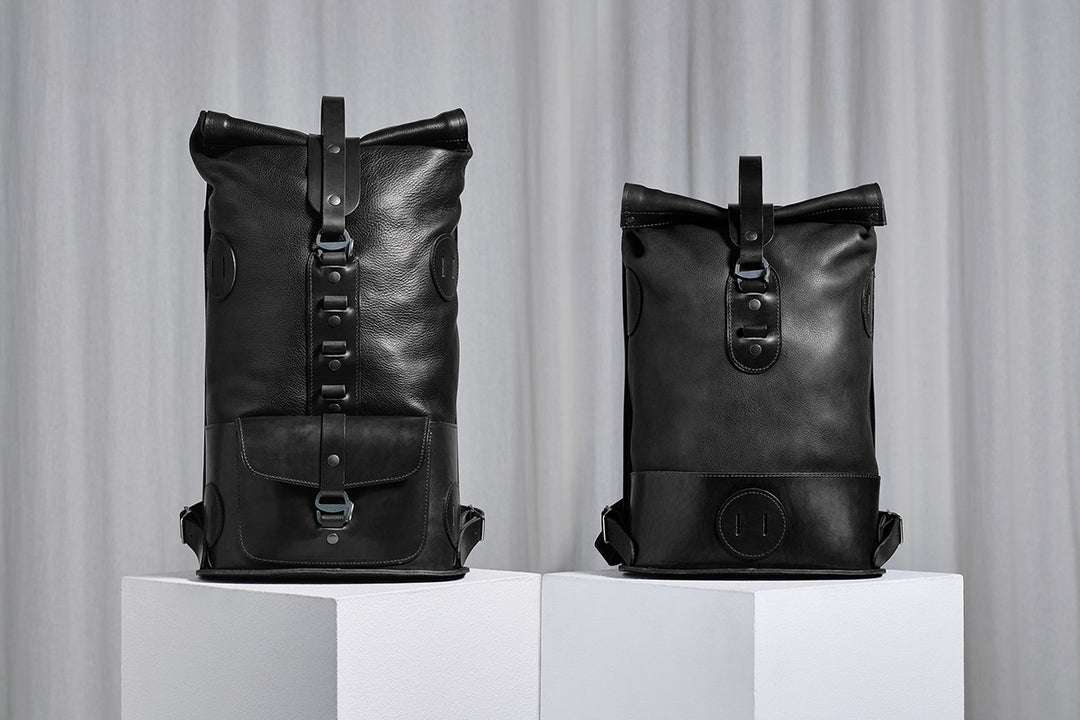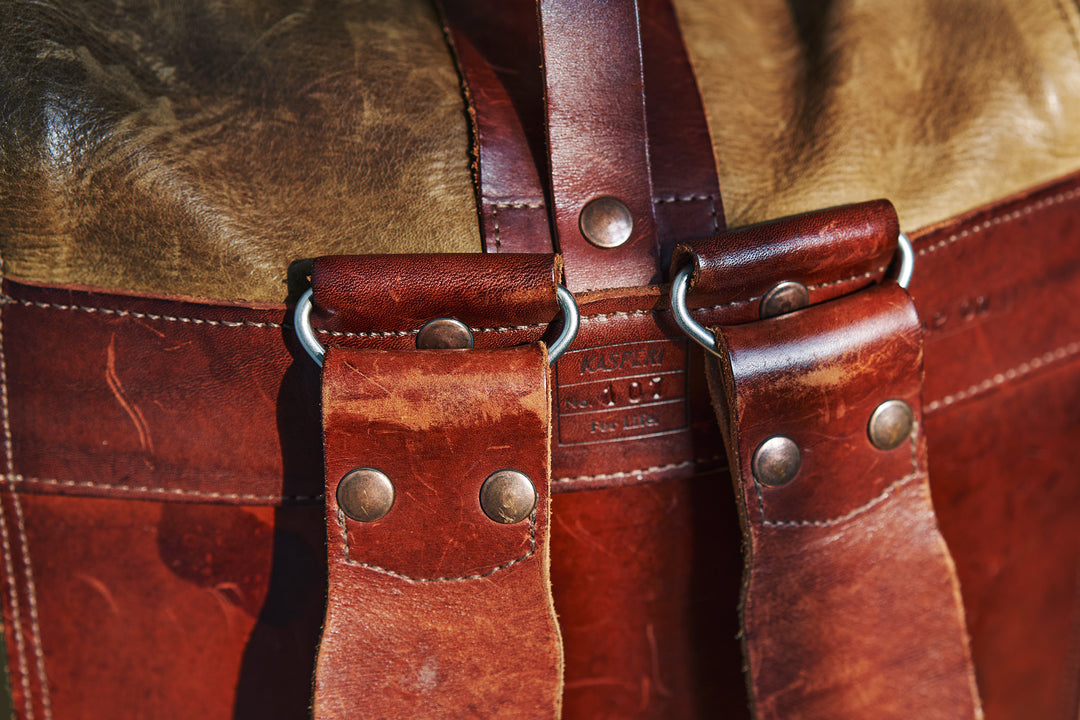What is Quality? And why it matters.

Today the word ‘quality’ carries a meaning that is to something quite different from what it used to be. It refers more to a vague idea of excellence than to a clearly defined idea of quality. For instance an item of quality in today's world may be understood as an item made by a desirable brand, the perception of the newness of an item, or the finishing of the materials used.
Items have become means of social signalling, so much so that functional quality attributes are ignored.
What people perceive as quality has changed over the years. In the Oxford Languages dictionary ‘quality’ is defined as “the degree of excellence of something”. For better or for worse, what that “something” is, has always been a reflection of our time.

"Real quality is a function of utility, durability and repairability."
Back in the day, however, the idea of quality revolved around attributes like utility and reliability. Real functional quality attributes. Items had to be useful, they had to function reliably, and when they didn’t function they had to be locally repairable.
This made sense of course as the economic and practical circumstances dictated their specifications. Production costs were higher and disposable income lower so manufacturers made sure that the higher value of the items was reflected in their utility as well.

From ‘quality’ to ‘real quality’
Today's society is faced with the daunting challenge of how to stop the overconsumption of resources. The landscape of solutions that help create a balance with our environment is still unexplored. We believe one of the central areas of change will be our relationship to products as consumers. The way ‘quality’ is perceived is more relevant than ever.
‘Quality’ ought to be defined in brutally practical terms as 'the real, not monetary, value that is being produced.’ Real quality is not shiny. Real quality is not about social signalling. Real quality is not slickness. Real quality does not become obsolete.

Brands have the power to show the way
The higher the quality of an item is, the longer it will stay in use. Thus to live more sustainably, we should maximize the quality of items. Goodyear welted leather boots, raw denim, wooden boats, Christiania bikes or the original Land Rover Defenders – are all items that have staying power. Things that get better with time and use. These items show that true ‘real quality’ is a function of utility, durability and repairability.
In today's world ‘value’ of products is measured in monetary terms instead of the utility it brings to its users. These circumstances have skewed brands and manufacturing of items away from these ancient ideals of good design. Ideals that lead to what used to be known as quality. It has become profitable to design cheap, short lifespan items that are replaced instead of repaired. At Kasperi we want to show that real quality is still possible to create if we just roll up our sleeves and get to work.









